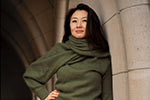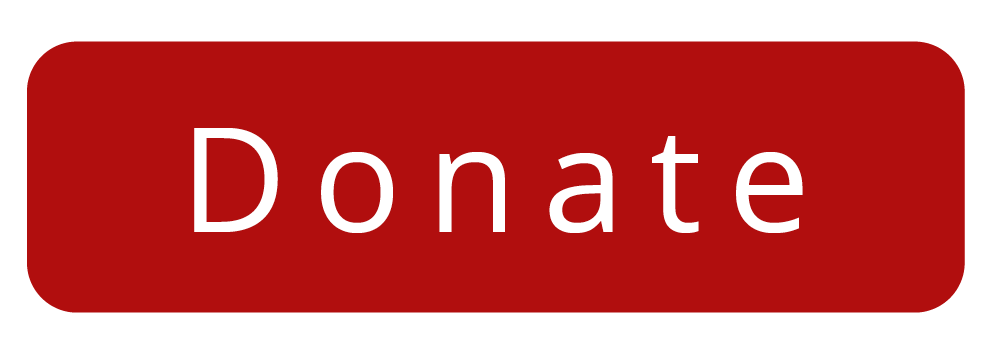Behind the Scenes: The art of the profile
Associate editor Lydialyle Gibson shares her insights on why she was intrigued by Law School professor Jeannie Suk Gersen.
We write a lot of profiles at Harvard Magazine. And with good reason, I think: so much of the story of a university like this one is expressed in the lives and work of its people—faculty, alumni, staff, and students who are scientists, scholars, writers, artists, activists, athletes…even some adventurers. Often, the decision to profile someone is obvious: a book comes out, or a groundbreaking study appears, or an urgent issue pushes a Harvard person into the foreground. Other profiles, though, can sometimes take a little longer to come fully into view.
That’s what happened with the recent story I wrote on Law School professor and New Yorker contributor Jeannie Suk Gersen. Nearly a year after her name first surfaced in a conversation with my editor about potential feature ideas—a year in which I’d immersed myself in other profiles and assignments and our whole staff was suddenly plunged into coverage of the pandemic—I realized that I was still thinking about Gersen. Her ideas on issues of racism, feminism, and sexual harassment had often challenged my own habits of thinking; I found them vexing and compelling in ways I couldn’t always explain, but also couldn’t shake.
Initially, I knew her best from her New Yorker commentaries, in which she deconstructs difficult legal issues using a kind of wry, trenchant logic that often takes her to unconventional (and sometimes uncomfortable) places. But I knew she also had expertise in far-flung corners of the law: fashion, artificial intelligence, artistic labor and performance. I’d seen her TED talk on divorce and marriage. And, of course, I had read her commentary on the lawsuit brought on behalf of Asian American students against Harvard and its admissions policy. (At the same time that I was embarking on my reporting for the profile, my colleague Marina Bolotnikova was interviewing Gersen for an episode of our Ask a Harvard Professor podcast about the trial, which allowed us to coordinate and expand our coverage.)
As invariably happens, when I got deeper into the reporting—spending hours on Zoom with Gersen, reading her books and articles, watching videos of her lectures and interviews, talking to her colleagues, researching comments and criticism of her work—the profile took unforeseen turns. The one that struck me most forcefully was her recent work on trauma and the law, an area of interest that intersects in poignant and unexpected ways with her family’s history in Korea and her own early legal career in Manhattan. I spent hours poring over her disarmingly candid memoir, A Light Inside, for insights and connections.
Harvard Magazine is a great place to do this kind of work—to spend almost a year ruminating on a profile subject and then another several months reporting and writing. And then, of course, comes the editing and rewriting: I worked closely on this story with editors Jean Martin and John Rosenberg, who continually pushed me to sharpen my ideas and helped identify threads of connection in Gersen’s kaleidoscopic career. Reader support is what makes all this possible: the layered and meticulous research, the time spent thinking and writing, the stories we tell through the people with whom we share this campus and community.
Read “Due Process.”

